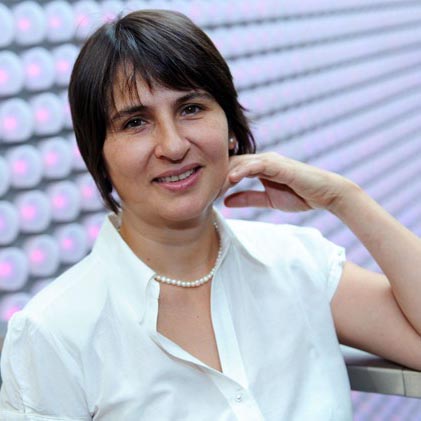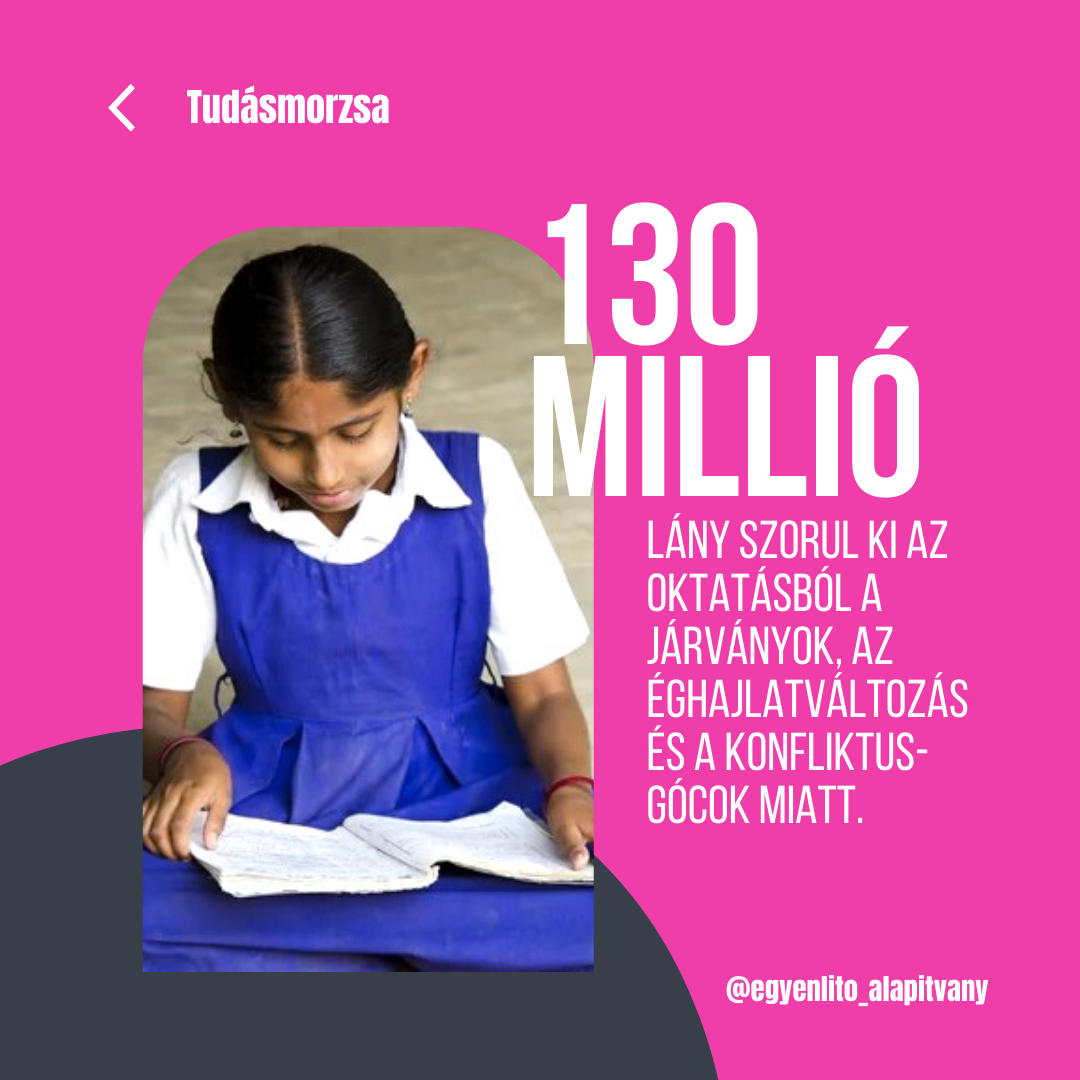The efforts of feminists and antiracists have long been perceived as two distinct initiatives and proceedings, as if discrimination based on race and gender had a strict “either/or” relationship. This simplistic perception failed to consider the intersectionality of sexism and racism influencing the lives of a large number of people: women of colour. These women experience gender-based and racial oppression simultaneously, yet somehow both the feminist and antiracial movements seemed to have neglected to properly address the aggravated struggles of this group for a long time. As Crenshaw suggests, Black women are not truly considered and represented either in the feminist or antiracist theory and discourse since these are mainly formed by the narratives of white women and Black men.
Black feminists emerged from the feminist movement as a distinct subgroup and spoke up for the multi-angled discrimination they suffered from in many areas of life. They expressed their critical opinion regarding the gender equality initiatives as well as the black liberation movement. To this day they continue to raise awareness of the Black female identity, emphasising the importance of giving equal recognition to belonging to both of these marginalised groups at the same time. The activists of the movement are considered to be foundational for its success. Several female writers, journalists and authors of colour were brave enough to step up and let their voices be heard in favour of Black feminism, such as Alice Walker and Maya Angelou.
The question is whether only those who openly declare themselves as such are considered black feminists. Should one publicly commit to and engage themselves with the movement to be able to contribute to it? Toni Morrison, the first Black woman ever to receive the Nobel Prize in Literature never labelled herself as a Black feminist or a feminist at all. She primarily claimed to be a writer, refusing to take on any “closed positions” or to belong to categories that would be off-putting for a certain type of readership resulting in her stories possibly not reaching them. However, these stories themselves speak louder than Toni in her interviews about her views of feminism. In her books, she gives a true account of the Black American female experience. She illusrates how racism, segregation and discrimination influenced the lives of Black women.
Her novels were not only praised by the critics but the general public also favoured them. As a result, a vast readership gained knowledge and developed higher awareness of the constant struggles of Black women. Toni seemingly distanced herself from the Black feminist movement and did not appear as a Black women’s rights activist per se. Although it might have been a decision on her part that confuses many to this day, it did have a deeper message that one should not overlook: Toni mainly saw herself as an artist, a creator. It was never about her race or gender, but her talent to write, free of any limitations that openly belonging to a group or movement would have possibly had imposed on her. In spite of all that, her literary work, as a whole, undoubtedly helped the movement tremendously by spreading the raw and often shocking truth about the hardships of Black female lives. Although her means of contribution were more subtle than the open activism of other Black female writers in favour of Black feminism, she consciously chose her characters and her narratives to take a stand..
As the author of the current article, opting to write about Toni Morrison was a rather personally driven decision of mine. Before reading about her, it is safe to say that I had very little understanding of the Black female identity, the struggles Black women face and how their hardships are different, and often more aggravated, than those faced by white women. Being a white woman who was born and raised in centralEurope, I had very little exposure to this topic prior to picking up Love, one of her later novels. Similar to most Hungarians, I learnt about racism and the fight against it at school, but these were only history lessons full of facts and figures, not stories of how real people’s lives were affected. Reading about these and seeing the world through the eyes of Toni’s female characters put everything I previously knew into a different perspective – it all seemed far more relatable. Probably it is impossible for many of us to ever get a full grasp of the challenges Black women need to put up with throughout their lives, however, Toni’s works at least offer an instrument to raise our awareness and understanding, and to ultimately feel less distant from each other as women, as humans.
Introducing the lead article’s contributor
Boglárka Lilla Demir-Wessely is a student of the MSc program of Strategic Human Resource Management at IBS. She is a member of the Equaliser Club and strongly identifies with the Equaliser Foundation’s core values of gender equality and talent-based (rather than gender-based) career choices. She obtained her BA degree at the University of Pécs in the field of English Studies and wrote her BA thesis on the topic of gender linguistics. She previously worked in the private education sector as an international student recruiter. Within the field of HR, she is highly interested in managing workplace diversity and multicultural teams. She enjoys learning about people from different cultural backgrounds and various walks of life.





